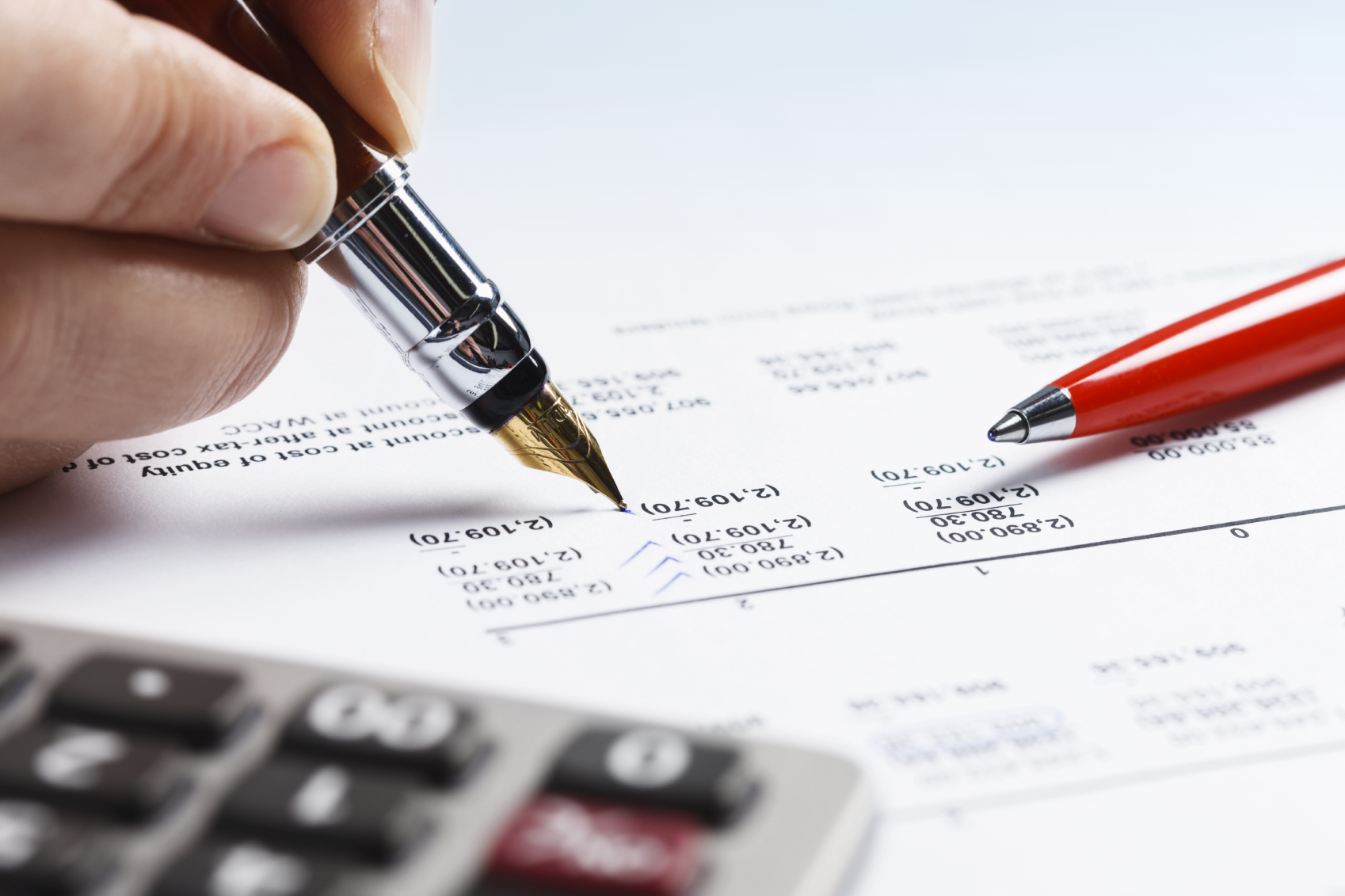Thai Revenue Department Audits and Reviews
Executive summary
In terms of taxpayers balancing their tax risk with the tax efficiency/savings for their operations, the determinative party for that relationship in Thailand can be the Thai Revenue Department as well as other revenue authorities.
Thai Revenue Department reviews often commence with informal tax investigations through on-site visits, meetings with accounting staff, document requests and vouching of a taxpayer’s documents to their customers as well as vendors.
A formal tax audit can arise through the issuance of a written tax summons and tax assessment.
A Revenue Department review or audit can be lengthy, time-consuming for management and can result in a negative Profit and Loss impact for taxpayers including:

- The additional tax payable,
- Penalties as high as 200% and higher penalties for stamp duty, and
- Surcharges at 1.5% per month up to the shortfall amount.
It is therefore important that a Revenue Department review or audit is handled appropriately and pragmatically as well as making sure the necessary preparations are made should such reviews or audits arise.
Timeframes for Tax Adjustments

Under normal circumstances, a review of the taxpayer’s records and associated documents for inspection can be requested from 2 years from the date of filing the return. However, if there is a refund request or evidence of tax evasion, this can be increased to five years from the date of filing and in the case of no filing or powers through Thailand’s Civil and Commercial Code, this can be increased to 10 years from the deadline for filing.
Transfer Pricing Adjustments
Transfer Pricing legislation can be the Thai Revenue Department’s most powerful weapon in that the Thai Revenue Department have subjective powers to dispute the arm’s length nature and market value of the taxable profits of taxpayers where onshore and offshore related party transactions have occurred. Appropriate documentation of taxpayers related party transactions is highly recommended.
Risk Factors
Along with a tax refund request, common reasons, amongst others, that the Thai Revenue Department may decide to review or audit taxpayers are as follows:
- Sustained tax losses, no tax payments or volatile tax payments being made
- Cash transactions without relevant support
- High levels of trade receivables or loans which may not make commercial sense such as interest free or low interest loans to directors and associates
- Significant management fees or royalties
- Board of Investment tax incentivized companies reporting higher profits compared to other group companies or reduced profits after an incentive expires
- Business restructures
- Inventory/stock losses
- Tax invoice issuance errors
- Expenses which are not for the purposes of making profits or business.
How We Can Assist
Baker Tilly Tax Thailand can assist taxpayers managing their tax risk by:
- Developing positions and strategy in line with the law which can assist in settling issues with the Thai Revenue Department on any review, audit, assessment and summons.
- Conducting a Tax Health Check identifying areas of tax risk for improvement/mitigation.
- Documenting related party transactions to mitigate Transfer Pricing adjustments.
- Review of tax compliance filings.
- /
- /
- /
- Email Us
- /

